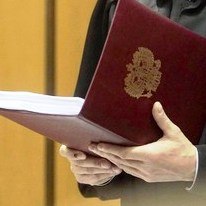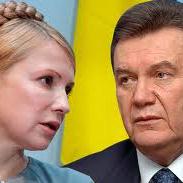Although Vladimir Putin began his first presidential term with reforms that were geared in part toward reducing illegal activity on the part of both state officials and average citizens, the hopes that tax and judicial reform and higher salaries for government employees would quickly reduce the extent of corruption in Russia proved unfounded. Corruption remains one of the most critical problems facing the Russian state and society. This issue of Russian Politics and Law (Volume 51, Number 4/July-August 2013) returns to the theme of corruption that we first addressed in 2009. The authors of the articles found in this issue describe the extent to which bribery and other forms of corruption occur in Russia as a whole and in specific sectors. They also address potential solutions to the problem and even discuss the extent to which corruption is necessary for the continued functioning of the Russian state. For more, see: Corruption in Russia: Editor’s Introduction.
Migration has become an increasingly difficult problem for the Russian government as the decline and subsequent stagnation of the size of Russia’s population and a relatively higher standard of living in Russia have made the country an attractive goal for migrants from a number of former Soviet republics. The articles in this issue of Russian Politics and Law (Volume 51, Number 3/May-June 2013) examine the question of migration from several points of view, including critical analysis, comparative politics, history, and policy. For more, see: Migration Policy in Russia: Editor’s Introduction.
Russian Politics and Law is available on mesharpe.metapress.com (subscription required).










